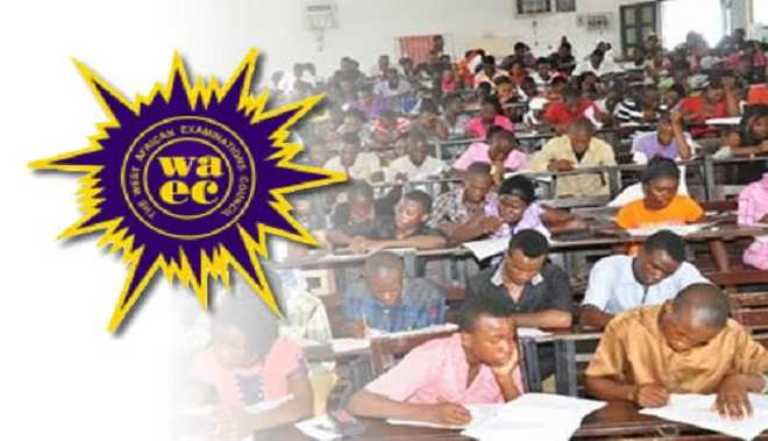The Lagos State education system faced a significant setback in 2024 with the revelation that 26,592 students, representing 45.7% of the total 58,188 public school candidates, failed the West African Senior School Certificate Examination (WASSCE). This alarming statistic came to light during a ministerial press briefing by Jamiu Alli-Balogun, the Commissioner for Basic and Secondary Education, and cast a shadow over the state’s educational landscape. The government’s substantial financial investment of N1.577 billion in covering WASSCE fees for these students underscored the gravity of the situation and highlighted the urgent need for effective intervention strategies.
The failure rate sparked concerns about the effectiveness of existing educational programs and resource allocation. Despite the government’s significant financial commitment, a large segment of students failed to achieve the required academic standard, raising questions about the underlying factors contributing to this widespread underperformance. The Commissioner’s announcement prompted a critical evaluation of the state’s educational policies and practices, emphasizing the need for targeted interventions to address the root causes of the academic challenges faced by public school students.
In response to the disappointing WASSCE results, the Lagos State government launched the Eko Learners’ Support Programme, a comprehensive educational initiative designed to improve academic outcomes for WASSCE and NECO candidates. This program, launched in January 2025, reflected the Ministry of Basic and Secondary Education’s commitment to enhancing the quality of education in the state. The Eko Learners’ Support Programme represented a proactive step towards reversing the trend of academic underachievement and providing students with the necessary tools for success in their examinations.
The Eko Learners’ Support Programme centers around the production and dissemination of educational content across multiple media platforms. The program’s core offering comprises 320 lessons covering ten key subjects: English, Mathematics, Physics, Chemistry, Biology, Economics, Government, History, Literature-in-English, and Yoruba. Each 30-minute lesson is broadcast on Lagos Television and made available online through platforms like YouTube, Facebook, Instagram, and X (formerly Twitter). This multi-platform approach aims to maximize accessibility, ensuring that students across the state, regardless of their location or socio-economic background, can benefit from the program’s resources.
The initiative’s strategic utilization of various media platforms reflects a modern approach to educational outreach. By leveraging television broadcasts and online platforms, the Eko Learners’ Support Programme aims to create a readily accessible digital learning library. This strategy acknowledges the growing importance of digital media in education and seeks to engage students through familiar and convenient channels. The program’s emphasis on providing educational materials online recognizes the increasing prevalence of internet access among students and aims to harness the power of technology to enhance learning opportunities.
The Lagos State government’s investment in the Eko Learners’ Support Programme goes beyond merely providing academic content. The program is designed to foster a supportive learning ecosystem that promotes critical thinking, creativity, and overall academic achievement. The initiative reflects a belief that every student, irrespective of their background, deserves the opportunity to reach their full potential. The emphasis on boarding school students underscores the program’s commitment to reaching students who may have limited access to additional learning resources. By encouraging these students to utilize the program, the government aims to create a more equitable educational landscape and ensure that every student has the support they need to succeed.


